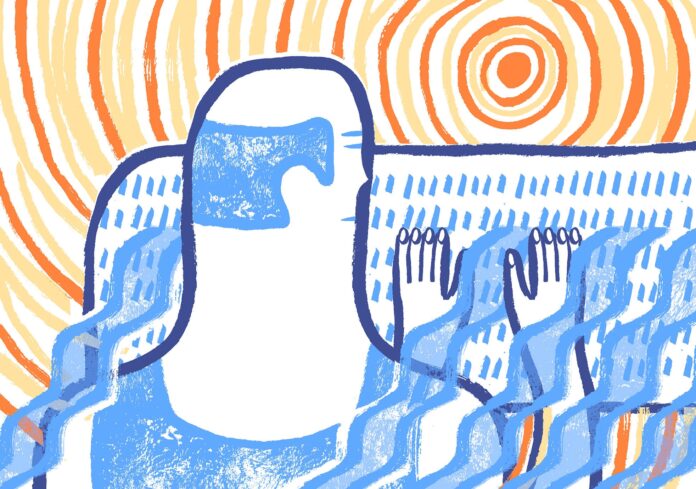Growing numbers of seniors are using more energy. They also are most likely to suffer in extreme weather, which has become more common as the planet warms.
When it comes to discussing climate change, older people may have one advantage: They have watched it happen.
In the nine Northeastern states, for instance, where average winter temperatures climbed 3.8 degrees Fahrenheit between 1970 and 2000, they have seen fewer snow-covered days, and more shrubs flowering ever earlier.
And they have experienced hotter summers.
Older Americans also are significant contributors to climate change. A just-published study has found that residential energy consumption rises as a resident’s age increases.
Buildings, and residential buildings in particular, are the world’s largest energy consumers.
Why do older people use more juice? The study could not provide explanations, but “there might be more need for air-conditioning,” Dr. Estiri speculated. “Or older people may not be able to maintain their homes as well” to conserve energy. “Maybe their appliances are old and less efficient. All of these could contribute.”
The climate change story has plenty of villains; seniors are hardly wrecking the environment on their own. Still, the demographic trends do not bode well.
But in a world that is both warming and graying, older adults suffer disproportionately from climate change.
Consider extreme heat. “It puts a stress on anybody’s body, but if you’re old and frail, it’s harder,” said Patrick Kinney, who studies the effects of climate on health at the Boston University School of Public Health. In addition, he said, “certain medications older people take, for blood pressure or cholesterol, reduce the body’s ability to thermo-regulate.”
The risk of heat stroke, which is potentially fatal, increases because older adults may be less mobile, and thus less able to reach cooler locations in a heat wave. They also may be socially isolated and less able to seek help.
There’s a common notion that older adults care less about climate change than young adults. But that holds true only for Republicans, a Pew Research Center survey found last year, and may be less a product of age than political affiliation.
Older volunteers would benefit by working to halt climate change, Dr. Pillemer said: “Participants gain fulfillment from activities that have results they will not be here to enjoy.”
Later-in-life, or “generative,” volunteerism has been shown to increase health and psychological well-being.
Source:
Span, P. (2019, May 24). Older people are contributing to climate change, and suffering from it. The New York Times. https://www.nytimes.com/2019/05/24/health/climate-change-elderly.html.
Comment:
Working with public transportation, it is not only related to mobility but energy as well. This article backs up necessity for ways to reduce energy, which can include public transportation. After reading this article, I am thinking about how to promote the circulator, and other ways in general to reduce energy that also coincide with mobility, such as carpooling alongside public transportation. It also starts to open up weather considerations for this, such as extreme heat, rain, or cold while at the bus stop. Are these hinderances for seniors from wanting to take public transportation? Is it really a huge consideration if extreme weather is only certain parts of the year? How could locations and design of the circulator stops and sign up systems play a part into this?




